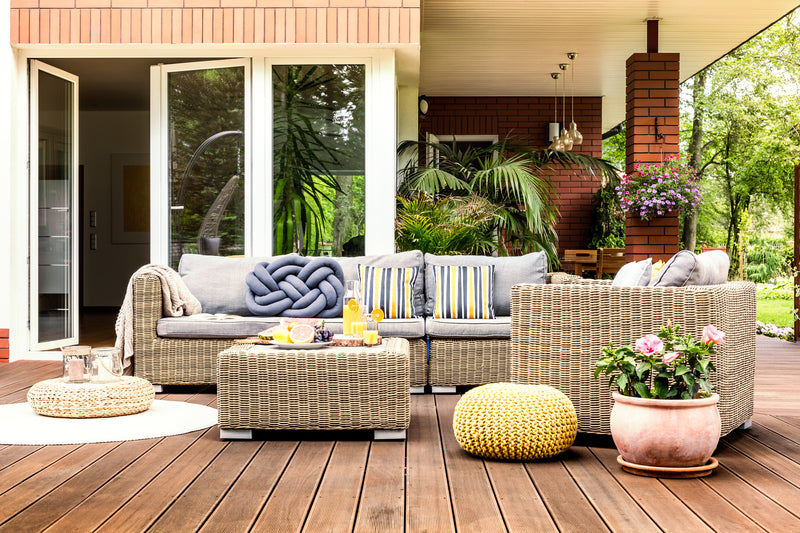Top 3 Housing Programs for Seniors
As seniors age, finding suitable housing options becomes increasingly important. Thankfully, there are various housing programs designed to cater to the specific needs of senior citizens. These programs provide affordable, accessible, and supportive living arrangements, ensuring seniors can enjoy a comfortable and fulfilling lifestyle. In this article, we will explore the top three housing programs for seniors, highlighting their key features and benefits.
Related Topics (Sponsored Ads):
Section 202 Supportive Housing for the Elderly
The Section 202 Supportive Housing for the Elderly program is one of the most well-known and widely utilized housing programs for seniors in the United States. Established under the Department of Housing and Urban Development (HUD), this program aims to provide affordable housing with supportive services for low-income individuals aged 62 and above.
Affordable Rent: Section 202 offers rental assistance, ensuring that eligible seniors pay no more than 30% of their income towards housing costs.
Supportive Services: Participants have access to various support services, including meal plans, transportation assistance, housekeeping, and personal care services. These services are crucial in helping seniors maintain their independence and quality of life.
Accessibility: Section 202 housing units are designed with accessibility in mind, featuring features such as grab bars, wheelchair ramps, and wider doorways to accommodate seniors with mobility challenges.
Benefits
Independent Living: The program promotes independent living while ensuring seniors have access to the necessary support and services to age in place comfortably.
Community Engagement: Section 202 housing developments often offer communal spaces and organized activities, fostering a sense of community and reducing social isolation among seniors.
Peace of Mind: With affordable rent and supportive services, Section 202 provides seniors with peace of mind, knowing that their housing needs are taken care of as they age.

Naturally Occurring Retirement Communities (NORCs)
Naturally Occurring Retirement Communities (NORCs) are another popular housing option for seniors. Unlike traditional retirement communities, NORCs are not purpose-built facilities but rather existing neighborhoods or housing complexes that naturally evolve into supportive communities for older adults.
Aging in Place: NORCs focus on enabling seniors to age in place by providing services and support within their existing communities. These services may include transportation assistance, health care coordination, and social activities.
Collaboration: NORCs often involve partnerships between local government agencies, healthcare providers, and community organizations, working together to provide comprehensive support to seniors.
Home Modifications: NORCs may offer assistance with home modifications, making residences safer and more accessible for older adults.
Benefits
Familiarity and Community: NORCs allow seniors to remain in their familiar neighborhoods, preserving their social connections and support networks.
Cost-Effective: By utilizing existing housing stock, NORCs can be a cost-effective housing solution for seniors.
Flexibility: NORCs provide seniors with the freedom to choose the level of support and services they require, allowing them to maintain their independence while accessing necessary resources.
Veterans Affairs Supportive Housing (VASH) Program
The Veterans Affairs Supportive Housing (VASH) program is a specialized housing program targeting homeless or at-risk veterans. This program combines rental assistance from the Department of Housing and Urban Development (HUD) with case management and clinical services from the Department of Veterans Affairs (VA).
Rental Assistance: VASH provides rental subsidies, allowing eligible veterans to access affordable housing in the private rental market.
Supportive Services: Participants receive case management and clinical services through the VA, ensuring they have access to healthcare, mental health support, and other necessary resources.
Targeted Assistance: VASH specifically addresses the needs of homeless or at-risk veterans, aiming to provide stable housing and comprehensive support to help them regain stability in their lives.
Benefits
Stable Housing: VASH offers veterans a chance to secure stable and safe housing, which is often the first step towards regaining control over their lives.
Supportive Network: Through the VA's case management services, veterans receive ongoing support and access to healthcare, mental health services, and employment assistance.
Collaboration: VASH represents a successful collaboration between HUD and the VA, ensuring that both housing and support services are seamlessly integrated to meet the unique needs of homeless veterans.
Conclusion
For seniors, finding suitable housing is a vital aspect of aging with dignity and maintaining a high quality of life. The Section 202 Supportive Housing for the Elderly program, Naturally Occurring Retirement Communities (NORCs), and Veterans Affairs Supportive Housing (VASH) program are three outstanding options that cater to the housing needs of seniors. These programs offer affordable rent, supportive services, and a range of amenities designed to promote independence, community engagement, and well-being among older adults. By availing themselves of these housing programs, seniors can find comfort and security in their living arrangements while enjoying the benefits of a supportive environment tailored to their needs.




